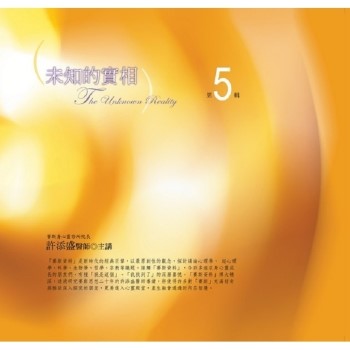There is widespread disagreement over what constitutes an experience of empathy. In this study of its value and moral features, Mark Fagiano acknowledges the ambiguity surrounding the term and offers a unified theory of empathy that includes rival definitions.
His historical account of the multiple meanings of empathy lays the groundwork for a new philosophical theory. Based on relations, it resolves the problem of conflicting definitions of empathy by distinguishing between the three kinds of empathy: the relations of feeling into, feeling with, and feeling for, each of which has been defined historically as a type of empathy. Fagiano’s unique focus on relations, on the modes and manner by which we are connected with things and with people, reveals a transactional account of empathy that can be applied to a variety of different contexts and social circumstances.
Grounded in the philosophical tradition of American Pragmatism, Fagiano’s approach demonstrates the practical benefits of adopting a broad and pluralistic understanding of empathy as both an idea and a practice. His pragmatic and contextualist philosophy of empathy provides a valuable starting point for answering some of the most pressing questions surrounding empathy today, including can empathy be developed? Is empathy moral? What is the difference between empathy and sympathy?
| FindBook |
有 1 項符合
Practicing Empathy: Pragmatism and the Value of Relations的圖書 |
 |
Practicing Empathy: Pragmatism and the Value of Relations 作者:Fagiano 出版社:Bloomsbury Academic 出版日期:2024-04-18 語言:英文 規格:平裝 / 256頁 / 23.39 x 15.6 x 2.54 cm / 普通級/ 初版 |
| 圖書館借閱 |
| 國家圖書館 | 全國圖書書目資訊網 | 國立公共資訊圖書館 | 電子書服務平台 | MetaCat 跨館整合查詢 |
| 臺北市立圖書館 | 新北市立圖書館 | 基隆市公共圖書館 | 桃園市立圖書館 | 新竹縣公共圖書館 |
| 苗栗縣立圖書館 | 臺中市立圖書館 | 彰化縣公共圖書館 | 南投縣文化局 | 雲林縣公共圖書館 |
| 嘉義縣圖書館 | 臺南市立圖書館 | 高雄市立圖書館 | 屏東縣公共圖書館 | 宜蘭縣公共圖書館 |
| 花蓮縣文化局 | 臺東縣文化處 |
|
|
圖書介紹 - 資料來源:博客來 評分:
圖書名稱:Practicing Empathy: Pragmatism and the Value of Relations
內容簡介
Adorno’s Gamble: Harnessing German Ideology
Adorno’s Gamble: Harnessing German Ideology
The Dialectics of Absolute Nothingness: The Legacies of German Philosophy in the Kyoto School
The Collapse of Freedom of Expression: Reconstructing the Ancient Roots of Modern Liberty
Aristotle’s Discovery of the Human: Piety and Politics in the Nicomachean Ethics
Heidegger: An Introduction
Black Divinity Institutes of the Black Theocracy Shahidi Collection Vol 1 [Remastered]
Bacteria to AI: Human Futures with Our Nonhuman Symbionts
Pink: The History of a Color
The Purpose of the Papacy
Adorno’s Gamble: Harnessing German Ideology
The Dialectics of Absolute Nothingness: The Legacies of German Philosophy in the Kyoto School
The Collapse of Freedom of Expression: Reconstructing the Ancient Roots of Modern Liberty
Aristotle’s Discovery of the Human: Piety and Politics in the Nicomachean Ethics
Heidegger: An Introduction
Black Divinity Institutes of the Black Theocracy Shahidi Collection Vol 1 [Remastered]
Bacteria to AI: Human Futures with Our Nonhuman Symbionts
Pink: The History of a Color
The Purpose of the Papacy
|








